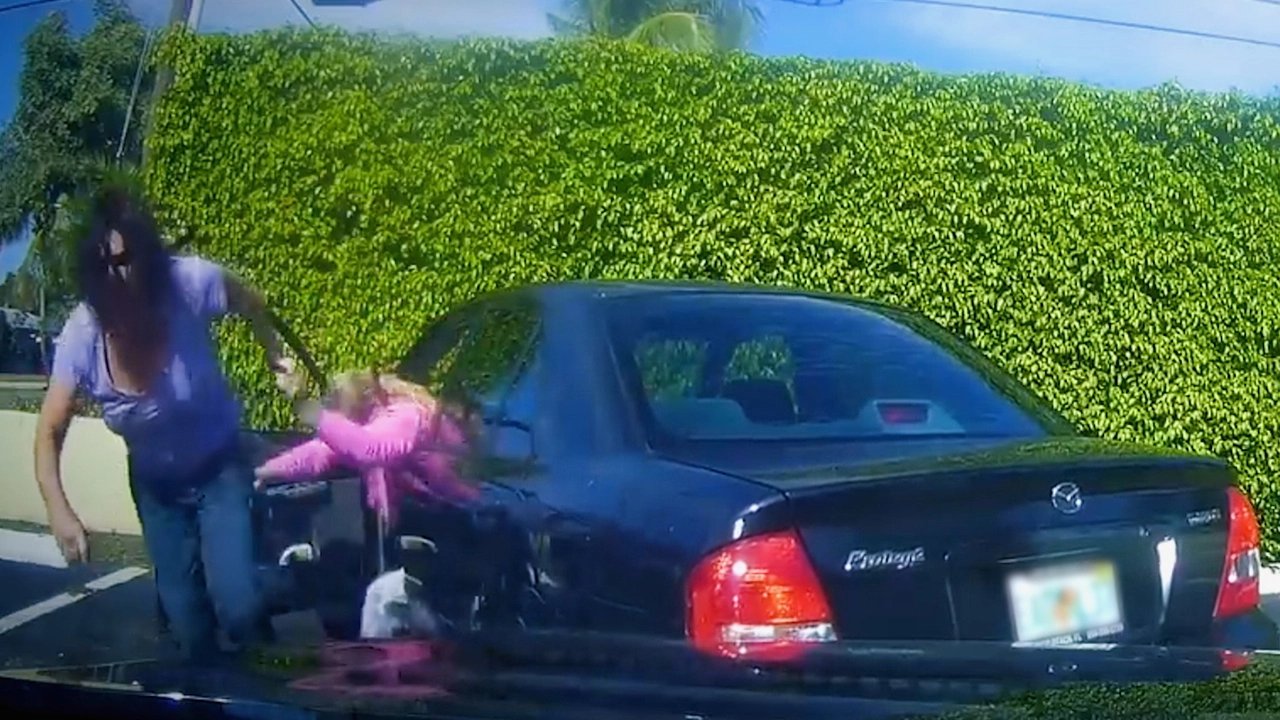Crime Consequences – What Happens When Laws Are Broken
Ever wonder what really happens after a crime is committed? It’s not just about the court case you see on the news. The fallout touches the victim, the offender, families, and even whole neighborhoods. Understanding these effects helps us see why the justice system works the way it does and what we can do to reduce harm.
Legal penalties and the justice system
First off, the law sets out punishments for different crimes. A petty theft might bring a fine or a few weeks in jail, while a violent assault could lead to years behind bars. Judges look at the severity of the act, the offender’s past record, and any signs of remorse. These penalties aim to punish, deter, and give a chance for the offender to change. Yet the process can be slow, and not every case ends with a clear verdict. Appeals, bail, and parole add layers of complexity that many people don’t see on TV.
Beyond the courtroom, there are collateral consequences that stick with a person for life. A criminal record can block someone from getting a job, renting an apartment, or even traveling abroad. Some states have “ban the box” laws that try to give ex‑offenders a fair shot, but the stigma remains strong. This cycle often pushes people back toward illegal activities, creating a loop that hurts both the individual and society.
Impact on victims and communities
Victims feel the immediate pain of loss, fear, or injury. Even after the legal case ends, many carry emotional scars that turn into anxiety, depression, or post‑traumatic stress. Counseling, support groups, and victim‑offender mediation programs can help, but access varies widely. When a community experiences a spike in crime, trust in police and local institutions can erode. Neighborhoods might see businesses close, property values drop, and residents move away.
On the flip side, strong community response can curb crime. Neighborhood watch groups, local outreach, and youth programs give people alternatives to illegal behavior. When residents feel safe to report suspicious activity, law enforcement can act faster, preventing bigger incidents down the line.
In short, crime consequences are far more than a headline. They shape legal outcomes, alter personal lives, and reshape entire neighborhoods. By recognizing each piece of the puzzle, we can work toward a safer, fairer society.
